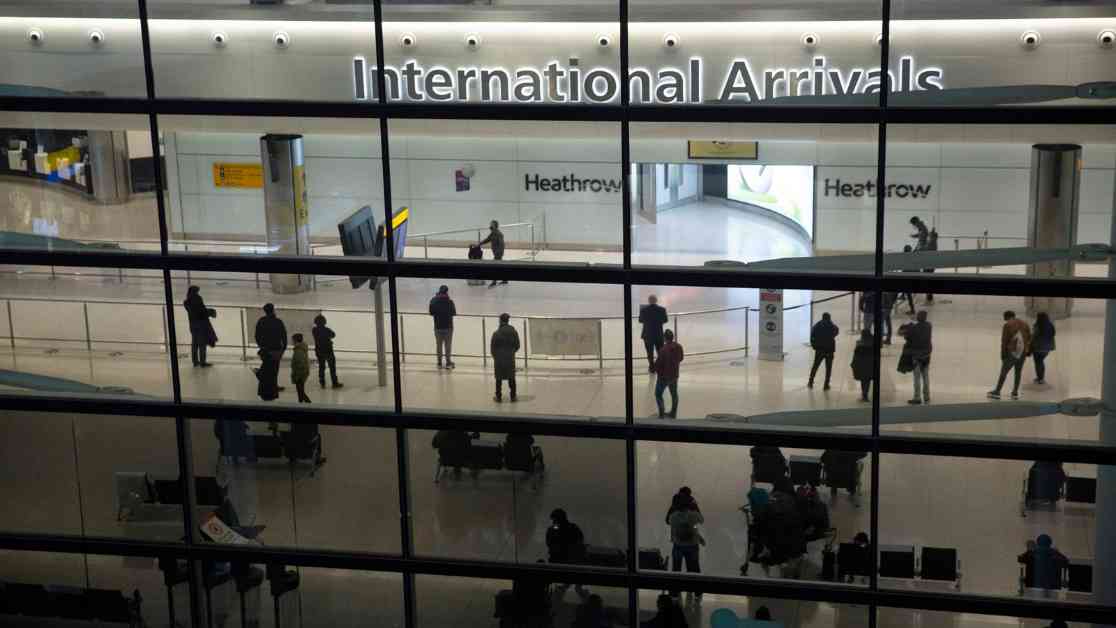Border Force officers at Heathrow Airport are set to go on strike starting August 31, causing potential disruptions for travelers passing through the UK’s busiest airport. The strike action, initiated by the 650 members of the Public and Commercial Services (PCS) union, will last for 23 days, marking a significant stand against enforced changes to terms and conditions within the workforce.
Reasons for the Strike
The long-running dispute at Heathrow Airport centers on the introduction of inflexible rosters and changes to working hours and practices for part-time and partially retired staff. The PCS union has raised concerns about the lack of flexibility for new staff members, with many having their flexible work applications denied. According to the union, the management’s refusal to accommodate these requests has led to 160 staff members leaving the Border Force, impacting the operational efficiency of the airport.
PCS general secretary Fran Heathcote emphasized the seriousness of the strike action, acknowledging the potential disruption it may cause for travelers. However, she noted that the strike could be avoided if the employer listens to the concerns of their members. Heathcote highlighted the difficult position faced by Border Force officers who are being forced to choose between their job and caring responsibilities, stating that many employees are being pushed out of roles they are passionate about due to managerial inflexibility.
Impact on Travelers
With Heathrow Airport being not just the busiest in the UK but also the largest in Europe, the strike action could have significant implications for travelers, especially as it coincides with the end of the summer season. The work-to-rule period following the initial strike from August 31 to September 3 will further restrict the availability of overtime and additional work beyond contractual obligations, potentially leading to delays and disruptions in border control processes.
Heathrow Airport authorities have assured that they will collaborate closely with the Border Force to implement contingency measures during the strike periods, aiming to minimize the impact on airport operations and passenger experiences. However, the uncertainty surrounding the duration and intensity of the strike poses challenges for both airport management and travelers relying on Heathrow Airport for their journeys.
Previous Threats and Management Response
In recent years, numerous strike threats have been issued by Border Force officers, highlighting persistent concerns regarding working conditions and management practices. While many of these threats have not materialized due to concessions made by management, the current dispute appears to have reached a tipping point, leading to the planned strike action by PCS union members.
The Home Office, responsible for overseeing the Border Force, has been contacted for comment on the ongoing situation at Heathrow Airport. The outcome of the strike and potential negotiations between the union and management will likely shape future interactions between the workforce and airport authorities, impacting the overall efficiency and effectiveness of border control operations at one of Europe’s key aviation hubs.
In conclusion, the upcoming strike by Border Force officers at Heathrow Airport underscores the importance of addressing workforce concerns and maintaining a balance between operational requirements and employee well-being. As travelers brace for potential disruptions, the outcome of negotiations and the response from airport authorities will determine the resilience of border control processes during a critical period for air travel.













